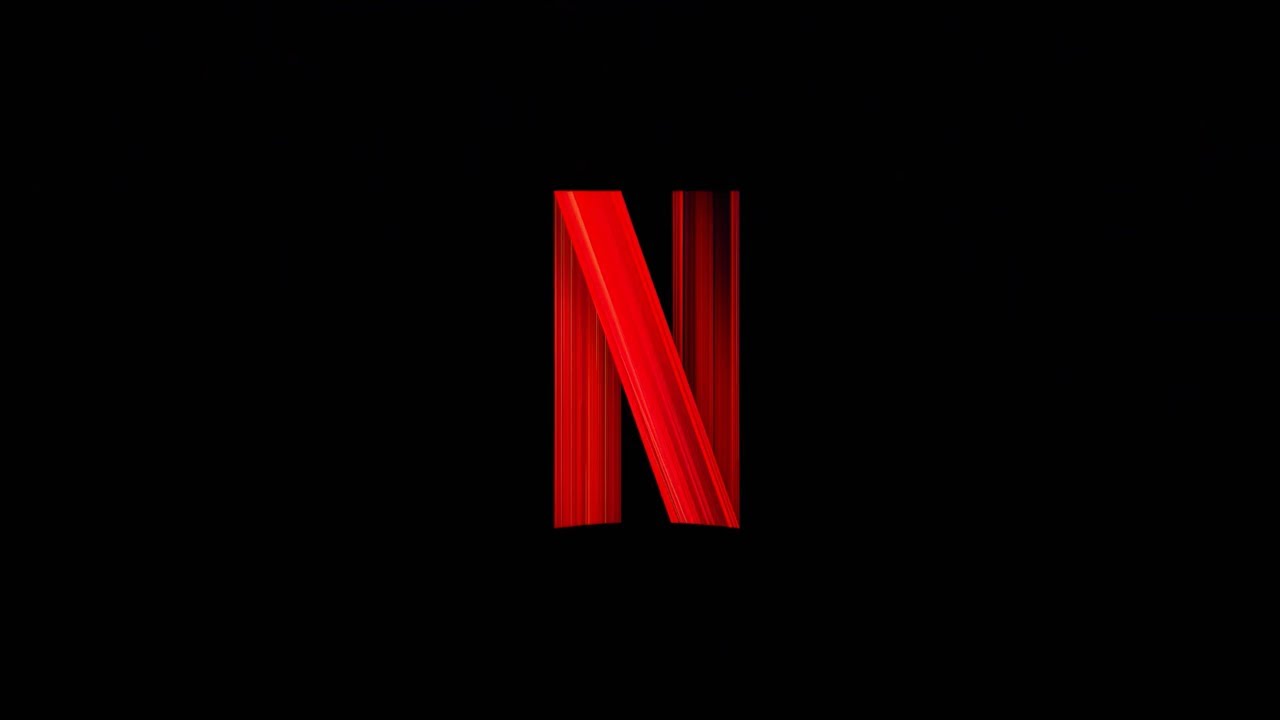In 2015, Netflix debuted its first original film, Beasts of No Nation, a searing war drama that signaled the company’s ambitions to move beyond television into serious cinema. Fast forward to the 2025 Academy Awards, and Netflix holds a staggering 26 Oscar wins under its belt. No longer just a disruptor, the platform has become an industry-defining powerhouse, rivaling the traditional Hollywood studios it once challenged.
Today, original and exclusive content makes up over 50% of Netflix’s U.S. library. And while this abundance can overwhelm even the most committed cinephile, it’s also a testament to the platform’s unprecedented output. From provocative satires to Oscar-winning epics, Netflix has redefined what it means to make and distribute films in the 21st century.
War, Truth, and Humanity: Netflix’s Grittiest Offerings
Among the many films that have helped cement Netflix’s cinematic credibility, All Quiet on the Western Front (2022) stands out as one of the most critically acclaimed. This German-language adaptation of Erich Maria Remarque’s anti-war novel brought new visual power to a century-old story, earning four Academy Awards, including Best International Feature Film. Its unflinching portrayal of World War I trench warfare reminds viewers that even in a saturated streaming age, some stories demand the big screen — or at least a big emotional commitment.
Another landmark war film, Da 5 Bloods (2020), directed by Spike Lee, explores the psychological and racial scars left on Black Vietnam veterans. With powerful performances from Delroy Lindo and the late Chadwick Boseman, the film balances action with introspection, illuminating a chapter of American history often ignored.
And of course, there’s Beasts of No Nation, Netflix’s bold inaugural feature. Despite being snubbed at the Oscars, its depiction of child soldiers and civil conflict remains one of the most emotionally wrenching offerings in the platform’s catalog.
Celebrated Directors, Surprising Stories
Part of Netflix’s strategy has been to court visionary directors. Martin Scorsese’s The Irishman (2019), a three-and-a-half-hour mob epic featuring Robert De Niro, Al Pacino, and Joe Pesci, demonstrated the platform’s willingness to invest in prestige projects with steep production costs. Using cutting-edge de-aging CGI, the film brought the classic gangster saga into the streaming era.
Similarly, Roma (2018) by Alfonso Cuarón marked a turning point for the service. Shot in black and white and told in Spanish and Mixtec, Roma earned three Oscars, including Best Director, and positioned Netflix as a legitimate contender at international awards ceremonies.
Meanwhile, fresh voices like Maggie Gyllenhaal (The Lost Daughter) and Lin-Manuel Miranda (Tick, Tick… Boom!) brought nuance and intimacy to stories that might have struggled to find a theatrical audience but thrived on streaming.
Innovation Meets Impact
Netflix’s influence isn’t limited to awards recognition. It’s also in the bold, offbeat titles that would rarely make it through traditional studio systems. Juel Taylor’s They Cloned Tyrone (2023), for example, is a surreal, sci-fi conspiracy thriller wrapped in Blaxploitation aesthetics and biting social commentary. Similarly, Don’t Look Up (2021), Adam McKay’s apocalyptic satire, used an A-list cast and absurdist humor to deliver a stark warning about climate change and misinformation.
Films like The Ballad of Buster Scruggs, the Coen brothers’ genre-blending Western anthology, or The Harder They Fall, a stylish, all-Black cast cowboy tale, further prove that Netflix is willing to take genre risks that traditional studios might balk at.
Even when misfires happen, the platform’s willingness to greenlight ambitious, diverse, and often unconventional films has reshaped audience expectations about what a “Netflix movie” can be.
As the line between cinema and streaming continues to blur, Netflix has proven it’s more than just a distributor—it’s a vital cultural force. Whether it’s revisiting war through the lens of foreign language epics or spotlighting underrepresented voices and genres, Netflix’s original film library is now an essential part of modern movie history.
With every passing year—and every Oscar nomination—Netflix cements its role not just as a home for movies, but as one of the most influential studios of the 21st century.




